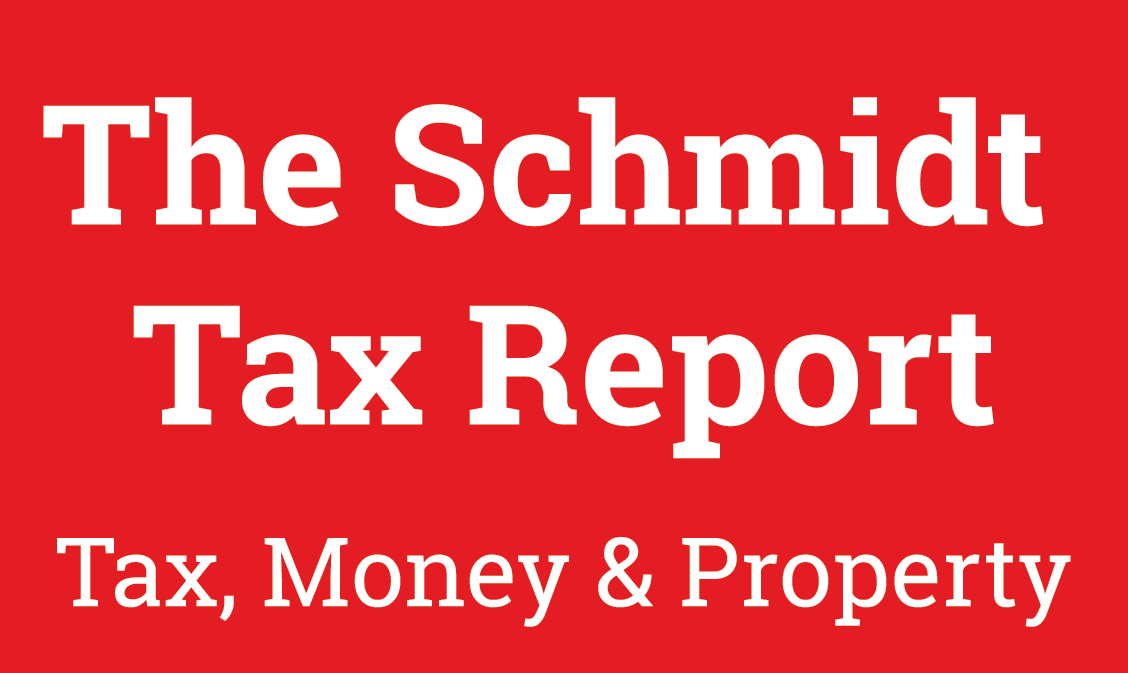Another reminder (because it is so important) that since the 1st April this year tenants of domestic private rented property can ask their landlord to give consent to their making prescribed energy efficient improvements to the property. From the 1st April 2018, a landlord will be unable to grant a new tenancy of such a property if its energy performance is below band E. And from the 1st April 2020 the landlord will be unable to continue to do so if the property fails to meet the threshold. Non domestic property will be subject to similar limitations from 2018 and 2023 respectively.
Perhaps the key point to make is that from 1st April 2018 it will be unlawful for landlords to grant a new lease on properties that have an Energy Performance Certificate (EPC) rating below E. Moreover, other regulations introduced in 2014 mean that properties currently rated as E could be downgraded to F.
Since roughly one in five non domestic properties have been found to have an EPC of either an F or G rating it is clear that a great deal of work is going to have to be done by both residential and commercial landlords. The sort of thing I am talking about include insulating buildings, replacing light bulbs or light units, secondary glazing and the upgrading of heating controls. Some expenditure will be chargeable to the profit and loss, unfortunately, any capitalised expenditure on repairs and maintenance cannot generally be relieved against the investment income for the period in which it is incurred. Nor will you usually be able to benefit from tax relief on deferred revenue expenditure.
Obviously, many landlords will want to ensure that any improvements they make are not classified as capital. HMRC’s guidance in the Business Income Manual states: ‘The position is that the work is a repair and not an improvement if, after the work is carried out, the asset can just do the same job as before; and the work is an improvement and disallowable as capital if, as a result of the work, more can be done with the asset or the asset can be used to do something that it could not do before.’
It is worth remembering that technology is not, automatically, an improvement but may be considered a repair. To offer an example double glazing used to be considered an improvement but now that it is the industry norm it is an allowable expenditure for tax purposes.
It is clear that the new legislation is going to have a significant impact. It is important to take action now in order to ensure that you benefit from the available tax relief if and when you have to upgrade your properties.
